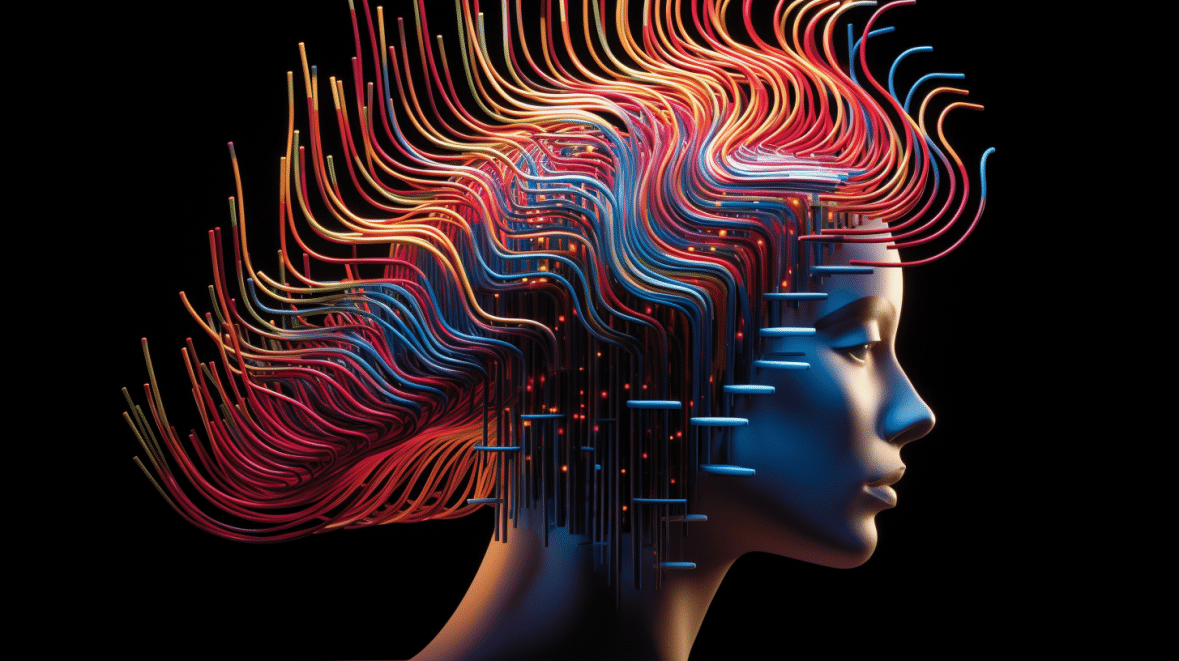Neuralink Brain-Machine Interface: High-Bandwidth Connection to Neurons?
Neuralink, a neurotechnology company founded by Elon Musk, has developed a novel brain-machine interface system with unprecedented electrode density and bandwidth. In a recent white paper, Neuralink scientists describe their progress towards a scalable, high-performance implantable device for interfacing with the brain. The key facts: Neuralink’s device has over 3,000 electrodes per array, an order …










